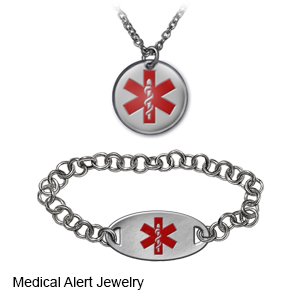Digoxin Toxicity
Medically reviewed by Drugs.com. Last updated on Aug 4, 2025.
Digoxin toxicity happens when you have too much digoxin in your body and it becomes harmful. Digoxin is a medicine that is used to treat heart failure or arrhythmias (abnormal heart rhythms). Digoxin toxicity can be life-threatening.
DISCHARGE INSTRUCTIONS:
Return to the emergency department if:
- You have a lack of appetite, nausea, vomiting, or diarrhea.
- You have a headache, confusion, anxiety, or hallucinations.
- You feel restless, weak, or depressed.
- You have any changes in vision such as seeing halos around bright objects.
- You have difficulty breathing.
- You have a fast, slow, or irregular heartbeat, or palpitations (fast, forceful heartbeats in an irregular rhythm).
Contact your healthcare provider if:
- You missed a dose of digoxin.
- You have questions or concerns about your condition or care.
How to safely take digoxin:
- Take digoxin exactly as directed. Contact your healthcare provider if you miss a dose or you have any questions about how to take digoxin.
- Do not stop taking digoxin unless your healthcare provider has told you to. You may have increased irregular heartbeats if you stop taking digoxin.
- Talk to your healthcare provider before you take any herbal supplements. Some herbal supplements contain substances that act like digoxin and can cause toxicity.
- Go to all your follow-up appointments. Your healthcare provider will need to monitor you closely while you are taking digoxin. You will need to have regular blood tests.
What else you can do to prevent digoxin toxicity:
Wear medical alert jewelry or carry a card that says you take digoxin. Ask where to get these items.
 |
What to do if you think you or someone you know took too much digoxin:
Call the Poison Control Center at 1-800-222-1222 immediately.
© Copyright Merative 2025 Information is for End User's use only and may not be sold, redistributed or otherwise used for commercial purposes.
The above information is an educational aid only. It is not intended as medical advice for individual conditions or treatments. Talk to your doctor, nurse or pharmacist before following any medical regimen to see if it is safe and effective for you.
Learn more about Digoxin Toxicity
Care guides
Further information
Always consult your healthcare provider to ensure the information displayed on this page applies to your personal circumstances.
